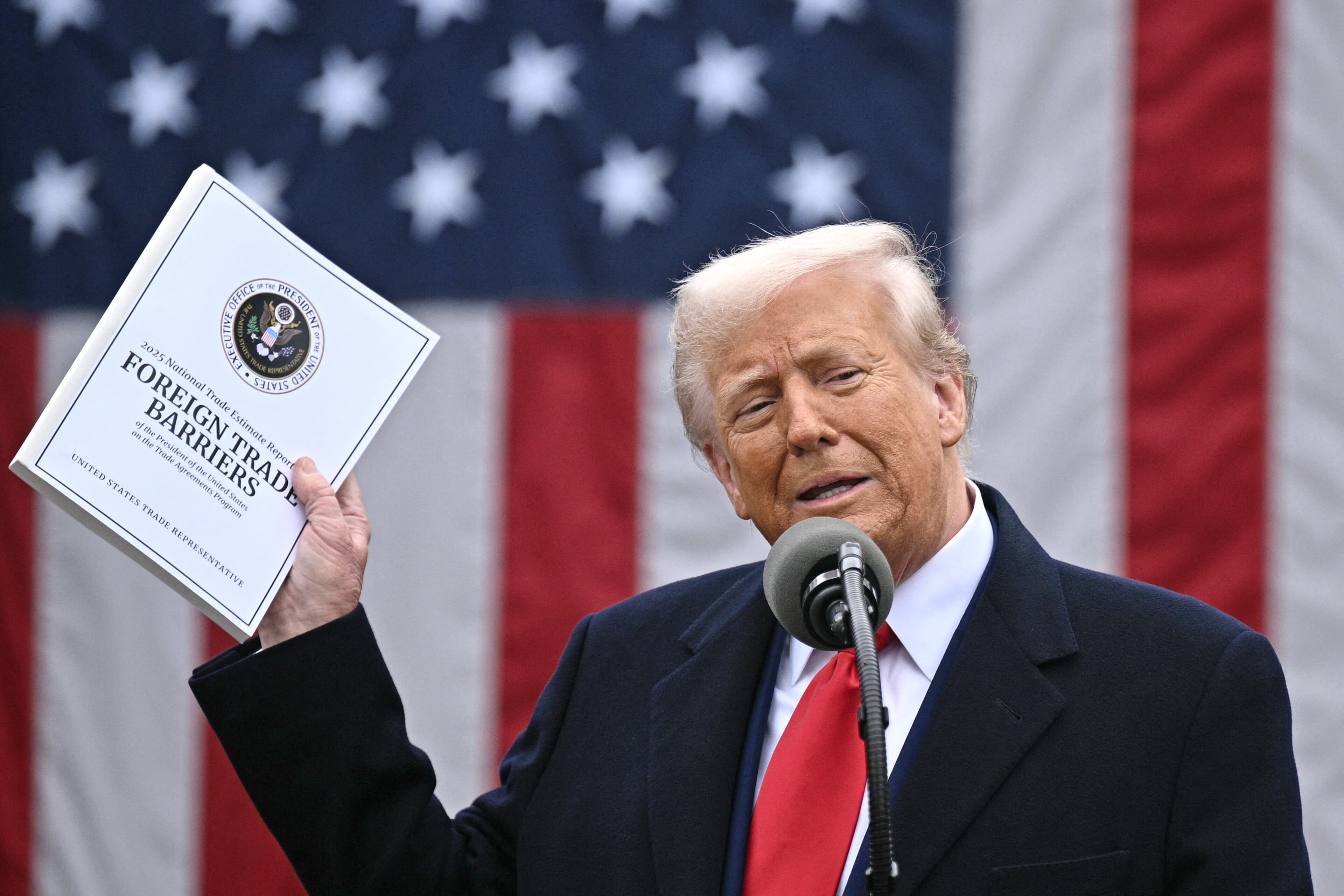*By Carlo Versano* Genius, the online encyclopedia for lyrics, has struck a deal with Apple that will allow Apple Music subscribers to listen to a song and follow its lyrics side-by-side, all from the Genius website. "This is a really big moment for Genius ー and for Apple too, I think," Genius chief strategist Ben Gross said Friday in an interview on Cheddar. He called the integration a "dream experience" for music lovers and a "pure value add" for Apple Music users. For Apple Music, the partnership exposes the service to a new user base. Gross cited Comscore data to show that three-quarters of users who log on to Genius don't already pay for a streaming service. The deal is the latest example of how Apple ($AAPL) has made a priority of its music platform ー along with other services that guarantee revenue from monthly subscriptions. Services ー which include Apple Music, the App Store, and iCloud ー generated $9.55 billion in sales in its latest quarter, up more than 30 percent from the year before and nearly 20 percent of total revenue. The company's partnership with the iPhone maker could also create new revenue stream for songwriters and artists. While Gross praised the "Music Modernization Act," signed by President Trump on Thursday at the White House, where he was flanked by Kid Rock and Kanye West, headline performers are only one part of the creative music complex. Monetization for songwriters, even if they aren't performers, is equally important, Gross said. So, like Apple Music, Spotify ($SPOT), and other music platforms, Genius ー which has over 100 million unique visitors a month on its website and native apps, plus growing audiences on social, according to Gross ー has deals to pay out artists whose lyrics are read on its service. "When we make money, the songwriters and artists who create the content that we're trying to do cool things with also make money," Gross said. Genius is replacing a patchwork online database of lyrics that has "been sort of garbage." "Lyrics are an incredibly important part of music culture," Gross said. For full interview [click here](https://cheddar.com/videos/apple-music-gets-wiser-with-music-encyclopedia-genius).












